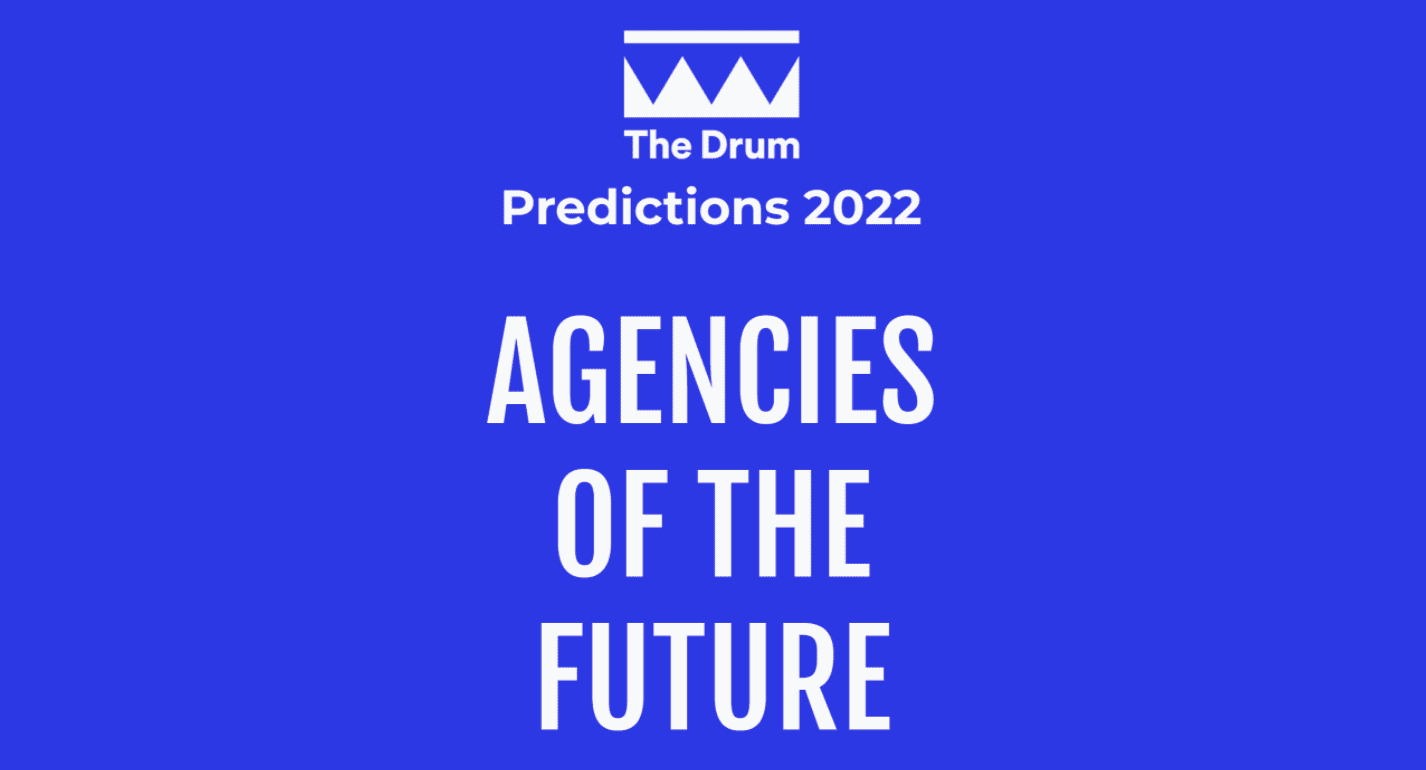The Drum Network was joined by Kristi VandenBosch, President of OLIVER U.S., and others to discuss the future of agencies and their role as technological innovation accelerators
This discussion is part of the Drum Predictions series 2022, an annual prediction festival which aims to guide the marketing and advertising industry towards forward-thinking and sustainable growth
Brands can often be overwhelmed by the speed of technological innovation. And to stay relevant, agencies must be able to identify the ideal solutions for their clients during these times of great change.
In this interview with The Drum, VandenBosch lays down the reasons why more and more brands are choosing to build their own in-house agency.
“What does the future hold after Covid?”
THE DRUM: “Since covid, agencies have enjoyed closer and more collaborative relationships with their clients. Many ask if this closer relationship is here to stay?”
KRISTI VANDENBOSCH: “It depends on the agency”, according to VandenBosch.
“OLIVER found itself in a privileged position as an in-house specialist. As OLIVER’s teams sit within a brand’s marketing ecosystem, the business has been more successful in helping clients adapt.
The closer proximity is enjoyed by both brand and agency. Despite many colleagues still working from home, there is a cultural sense that everyone’s on the same team.
Covid pushed agencies to rethink how they function, particularly in client work and organizational structure. Indeed, the onus is always on agencies to deliver effective content, and a ruthless approach had to be taken to obsolete models. (For example, geographical constraints are less of a problem as work-from-home became the norm, agencies can now seed specialists into brands in different countries.)”
“How will the role of agencies change as big tech dominates?”
KRISTI VANDENBOSCH: “The role of technology will be foundational in how all brands function. But dominating insofar as tech replacing agencies is inaccurate.
Part of an agency’s role is to act as a strategic advisor its clients. With so much technology available it’s easy for brands to be overwhelmed; pinpointing what will and will not help their clients is crucial. Moreover, to be drivers of change, agencies need to know how to change. And there’s no reason why agencies can’t develop their own bespoke technology. For instance, the OLIVER Marketing Gateway (OMG) integrates a client’s tech-stack into OLIVER’s resource management platform, providing end-to-end transparency.
Agencies are at the best when they’re engaged in campaign creation. And as technology advances, even personalized content is becoming generic. Therefore, agencies need to remind brands of their creative and strategic value in a marketplace full of generic and undifferentiated content.”
“Democratised creativity in the Metaverse – an existential threat?”
KRISTI VANDENBOSCH: “The metaverse concerns many agencies. But so did social media and user-generated content, yet it still held to the same marketing principals. Ultimately, social media presented tremendous opportunities and continues to be a core feature in many brand’s strategies. Why should the Metaverse be different?
On the occasion a genuine tech revolution does change how marketing is done, agencies need to move quickly. NFTs and blockchains, for example, are the ultimate customer relationship tools. CRM platforms like Salesforce will become obsolete overnight as brands test NFTs’ potential. All kinds of truly personalised digital content sent effortlessly and securely – at scale – to a digital wallet app on customer’s phones. It’s the future of marketing.
To effect meaningful change, agencies need to think how technological innovations can bring new opportunities to themselves as well as their clients, rather than defaulting to a hostile and reactive stance.”
“Will technological change push agencies to re-examine their business models?”
KRISTI VANDENBOSCH: “It goes without saying that technology changes the playing field. But what does need to be said is that agencies must ingrain a test-and-learn approach into whatever model they use.
Agencies require greater collaboration and closer relations with their clients to deliver the best possible solutions. This is easier for some, such as OLIVER, given its in-housing model, but larger, less specialized organizations lack agility. With so many moving parts and different cultures, strategic alignment is often slower. It’s imperative these agencies regularly perform structural checks to avoid inefficiency.”
“It’s no secret that hiring and retaining skilled talent is difficult, even more so in the wake of the Great Resignation. So, what can be done?”
- Fish in different pools. “As we saw in the Great Resignation, people are prepared move from completely different industries. Why not hire a data analyst who’s an actual data scientist? Skills and culture fit, not titles, should dictate employability.
- Develop your talent in-house. Don’t rely on others to train your employees. Apple and Google, for example, are starting to gradually de-prioritise degrees for candidates with relevant vocational qualifications.
- Greater flexibility. Hybrid working have been hugely popular as it gives people back more time and far cheaper commuting costs – what else can your agency be flexible on?
- Build great agency cultures. Agencies are renowned for having fantastic company cultures. Develop one that makes people want to work for you.
People rarely work for one or two organizations their entire careers anymore. But that doesn’t mean your agency can’t create environments in which employees want to give their all for the duration of their employment.”
To watch the full discussion on the Drum Network, click here


